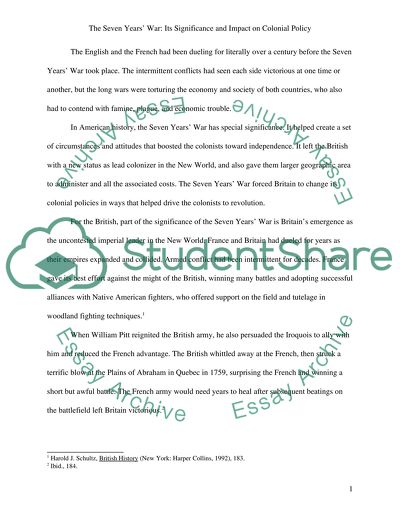Cite this document
(“British History Essay Example | Topics and Well Written Essays - 1250 words - 2”, n.d.)
British History Essay Example | Topics and Well Written Essays - 1250 words - 2. Retrieved from https://studentshare.org/miscellaneous/1549492-british-history
British History Essay Example | Topics and Well Written Essays - 1250 words - 2. Retrieved from https://studentshare.org/miscellaneous/1549492-british-history
(British History Essay Example | Topics and Well Written Essays - 1250 Words - 2)
British History Essay Example | Topics and Well Written Essays - 1250 Words - 2. https://studentshare.org/miscellaneous/1549492-british-history.
British History Essay Example | Topics and Well Written Essays - 1250 Words - 2. https://studentshare.org/miscellaneous/1549492-british-history.
“British History Essay Example | Topics and Well Written Essays - 1250 Words - 2”, n.d. https://studentshare.org/miscellaneous/1549492-british-history.


